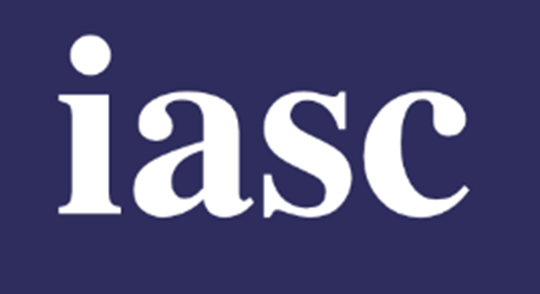Keynote Talks Walking Backwards into the Future Chris Wild - University of Auckland, New Zealand New Zealand Māori have an expression “Ka mua, ka muri”, which translates as “Walking backwards into the future.” A longer version of the proverb, “Kia whakatōmuri te haere whakamua”, translates as “I walk backwards into the future with my eyes fixed on my past.” The aptness of the metaphor is clear. It is precisely how statisticians do forecasting. So, in statistics education, how do we chart our way into an uncertain future inevitably informed only by the past. To do this in a reasoned way we need to ask and answer some questions? There are questions of identity and purpose: Who are we? Who we want to serve and how? There are questions about environment: Where do we live? Who are our closest neighbours? What are the major strengths and limitations of humans, and of machines, relevant to our mission? We need forecasts of where we are heading: In the environment in which we will be operating, what’s changing and how fast? And what will remain much the same? How can we exploit foreseeable opportunities and combat foreseeable hazards? But we also know that the future is largely unpredictable. We know that major, unseen, disruptors are inevitable. So, how can we future-proof our children/students and build resilience in anticipation of a rapidly and unpredictably changing landscape? What will they need to know, or no longer need to know? What habits of mind, dispositions and soft skills will they need? And if all that is not enough, how can we further democratise data and analytics so that significant capabilities for learning from data are no longer confined just to the well-resourced in the richest societies?
Lessons Learned from Five Years of Data Technologies Course Projects at Utah State University Jürgen Symanzik - Utah State University, USATeaching an annual Data Technologies course for graduate and undergraduate students at Utah State University and finding a new suitable course project each year for the graduate students can be a daunting task. Only a few examples of such projects have been outlined in the literature. In this presentation, we look at the course content and its student audience in general and then focus on the course projects: Which topics have been selected (e.g., the Kennedy files, data related to the Marvel Cinematic Universe, and the Billboard Hot 100 charts)? What were particular challenges for the students in these projects? What worked well – and what not? What does an instructor have to do to make these course projects a successful learning experience for the students? Templates for the project descriptions and multi-point grading criteria will be provided. Preparing the Next Generation for an AI-Enabled World: |


IASE 2023 Satellite Conference
Fostering Learning of
Statistics and Data Science
Hybrid Conference
11 – 13 July 2023, Toronto, Canada

